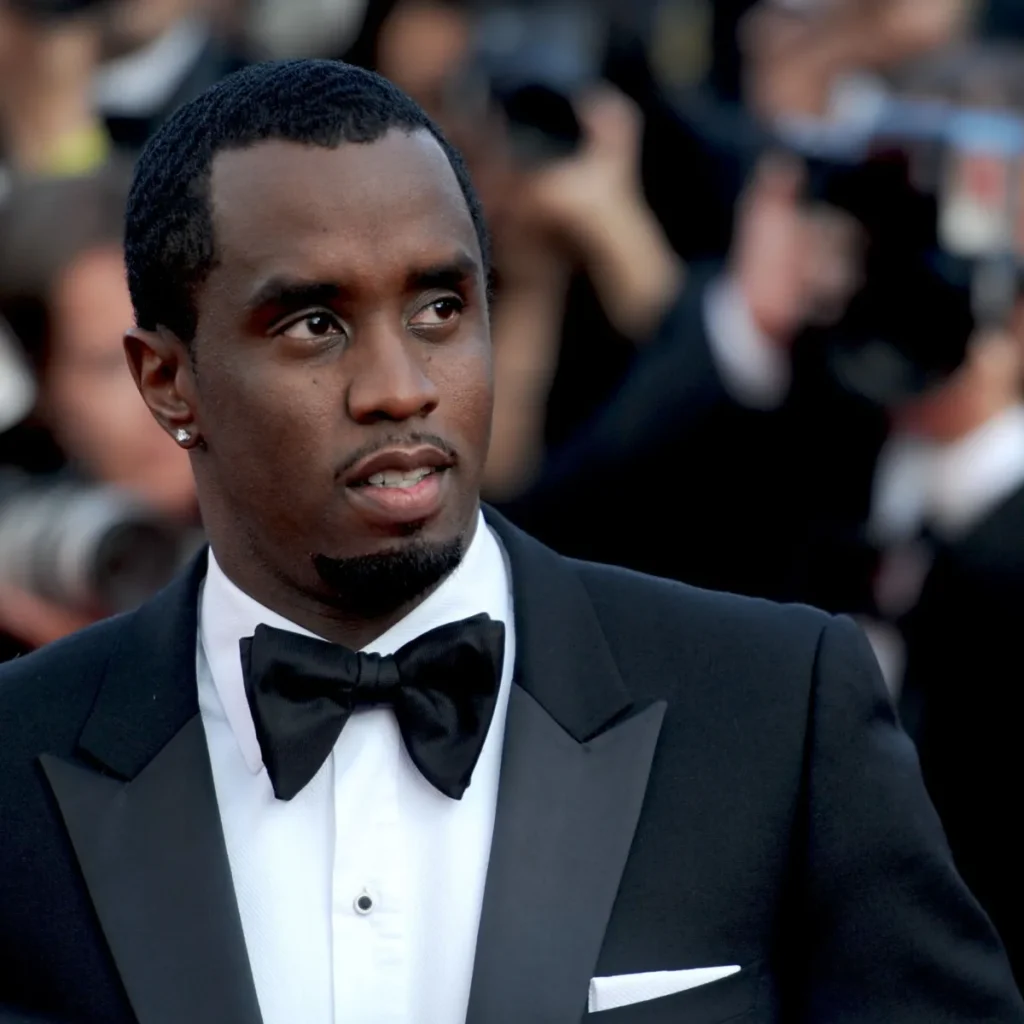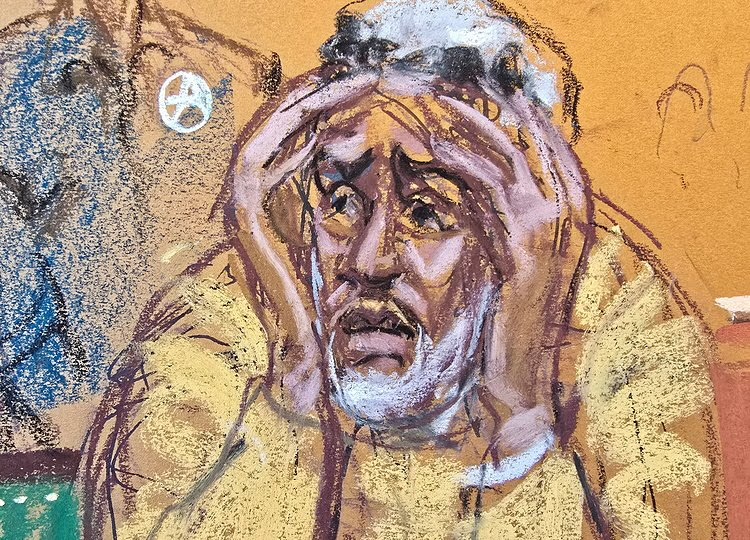Sean “Diddy” Combs has officially been sentenced to 50 months in federal prison after being convicted on two counts of transporting individuals to engage in prostitution. The sentencing took place on October 3, 2025, in a New York federal courtroom, bringing a dramatic close to one of the most watched celebrity trials of the decade.

The hip-hop mogul, once celebrated for his musical influence and billion-dollar business ventures, faced multiple charges last year including racketeering and sex trafficking. After a months-long trial between May and July 2025, Diddy was acquitted on the more severe charges but found guilty on the two prostitution-related counts. Prosecutors had initially pushed for a sentence exceeding 11 years, arguing that Diddy’s actions demonstrated coercion and abuse of power, while his defense team sought a significantly reduced term of just over a year.
Judge Arun Subramanian delivered the final sentence of four years and two months, along with five years of supervised release and a $500,000 fine. The judge cited the “gravity of the offenses” and expressed concern about patterns of manipulation described throughout the proceedings. Diddy, who has been detained at the Metropolitan Detention Center in Brooklyn since his arrest in late 2024, will have that time credited toward his sentence.

In court, Diddy appeared emotional, expressing remorse and vowing to “take full accountability” while maintaining that he had made mistakes in judgment, not in intent. Several family members, including his children, were present during the sentencing, with some delivering brief statements asking for leniency and compassion.
Following the decision, Diddy’s lead attorney, Teny Geragos, criticized the ruling, calling the judge a “13th juror” and announcing plans to appeal the sentence immediately. The defense also filed a formal request for Diddy to serve his time at FCI Fort Dix in New Jersey—a federal facility known for its drug rehabilitation and reentry programs—citing proximity to family and his ongoing efforts at personal reform. The Bureau of Prisons will ultimately determine where he serves his term, though the judge’s recommendation may influence that outcome.
Prosecutors, meanwhile, hailed the sentence as a “measured and just resolution” given the evidence presented. Outside the courthouse, reactions were divided. Fans, supporters, and industry peers expressed shock across social media, while others called the outcome long overdue, framing it as a critical moment of accountability for a figure long shielded by fame and power.

The case has reignited broader conversations about celebrity privilege, gender-based violence, and how public image collides with personal accountability. Despite maintaining his innocence on several of the original charges, Diddy’s conviction and sentencing mark a historic fall from grace for one of hip-hop’s most powerful figures. As appeals move forward, and his legal team works to secure a new facility placement, the world will be watching closely to see whether this marks the end—or another chapter—in Diddy’s decades-long legacy of both success and controversy.


GIPHY App Key not set. Please check settings